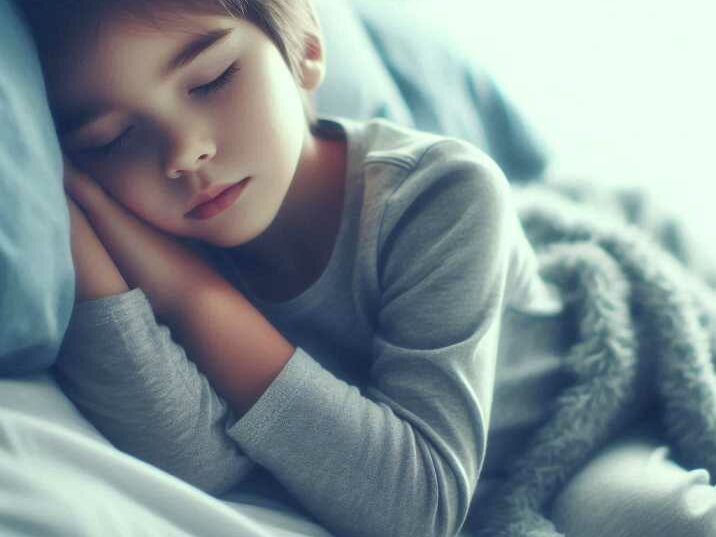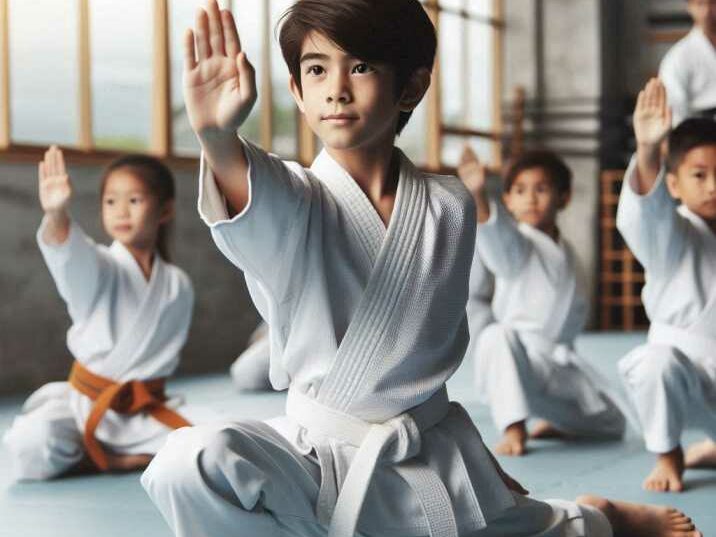Introduction
Table of Contents
As parents, we often seek activities that not only entertain our children but also contribute to their overall well-being. One intriguing option is martial arts. But does martial arts help kids sleep better? This question opens up a fascinating exploration into the benefits of martial arts for children, especially concerning their sleep patterns. Let’s delve into this topic, providing detailed insights, tips, and facts to understand how martial arts might be the key to better sleep for kids.

Table of Contents
- Introduction: The Connection Between Physical Activity and Sleep
- The Physical Benefits of Martial Arts
- The Role of Mental Discipline in Martial Arts
- Stress Reduction Through Martial Arts
- Structured Routine and Sleep Hygiene
- Social Benefits and Emotional Well-being
- FAQs: Do Martial Arts Help Kids Sleep Better?
1. Introduction: The Connection Between Physical Activity and Sleep
Does martial arts help kids sleep better? To answer this, it’s crucial to understand the link between physical activity and sleep. Physical activity is known to improve sleep quality and duration by reducing sleep onset latency and increasing deep sleep stages. Martial arts, being a comprehensive physical activity, can play a significant role in this aspect.
2. The Physical Benefits of Martial Arts
Martial arts provide a full-body workout, enhancing cardiovascular health, muscle strength, and flexibility. This intense physical exertion can help children expend energy, making it easier for them to fall asleep at night. Activities like karate, taekwondo, and judo involve rigorous training sessions that tire out the body, promoting better sleep.
Tips:
- Regular Practice: Ensure your child attends martial arts classes consistently to maintain a steady routine.
- Balance with Rest: While physical activity is beneficial, adequate rest is also essential to avoid overexertion.

3. The Role of Mental Discipline in Martial Arts
Martial arts are not just about physical prowess; they also emphasize mental discipline. Techniques such as meditation, controlled breathing, and focus are integral parts of martial arts training. These practices can help calm the mind, reduce anxiety, and prepare the body for restful sleep.
Facts:
- Meditation: Studies have shown that meditation can reduce insomnia and improve sleep quality.
- Controlled Breathing: Techniques like deep breathing can activate the parasympathetic nervous system, promoting relaxation.
4. Stress Reduction Through Martial Arts
Children today face various stressors, from academic pressure to social challenges. Martial arts provide a healthy outlet for stress. The combination of physical exertion and mental focus helps in reducing cortisol levels (the stress hormone), making it easier for kids to unwind and sleep better.
Insights:
- Endorphin Release: Physical activity triggers the release of endorphins, the body’s natural mood lifters, contributing to a sense of well-being.
- Focus and Mindfulness: Training sessions often include mindfulness practices that help children manage stress effectively.
5. Structured Routine and Sleep Hygiene
Martial arts classes typically follow a structured routine, which can instill discipline in children’s daily lives. Having a set schedule for training, homework, and bedtime can enhance sleep hygiene, leading to more consistent and quality sleep.
Tips:
- Consistent Bedtime: Encourage a regular bedtime routine, even on weekends.
- Wind-Down Time: Incorporate relaxing activities like reading or listening to soft music before bed.
6. Social Benefits and Emotional Well-being
Participation in martial arts can boost a child’s self-esteem and social skills. The sense of achievement from earning belts and mastering techniques can lead to improved emotional well-being. Happy and emotionally balanced children are likely to sleep better, as emotional distress often disrupts sleep.
Insights:
- Peer Interaction: Martial arts classes offer opportunities for social interaction, helping kids build friendships and reduce feelings of loneliness.
- Sense of Achievement: Setting and achieving goals in martial arts can enhance a child’s self-confidence.
Conclusion
So, does martial arts help kids sleep better? The evidence suggests that it does. By combining physical exertion, mental discipline, stress reduction, and a structured routine, martial arts can significantly enhance a child’s sleep quality. As parents, encouraging your children to participate in martial arts can be a step towards not only better sleep but also overall improved health and well-being.
FAQs: Do Martial Arts Help Kids Sleep Better?
Q1: How often should my child practice martial arts for better sleep?
A: Ideally, children should practice martial arts at least 2-3 times a week to see benefits in their sleep patterns.
Q2: What type of martial arts is best for improving sleep?
A: Any martial art that combines physical activity with mental discipline, such as karate, judo, or taekwondo, can be beneficial.
Q3: Can martial arts help with sleep disorders in children?
A: While martial arts can improve sleep quality, it is essential to consult a healthcare provider for persistent sleep disorders.
Q4: Are there age restrictions for kids starting martial arts?
A: Most martial arts schools accept children as young as 4-5 years old. It’s best to check with the specific school for their age requirements.
Q5: What other benefits can martial arts provide for my child?
A: Besides better sleep, martial arts can improve physical fitness, discipline, focus, self-esteem, and social skills.


